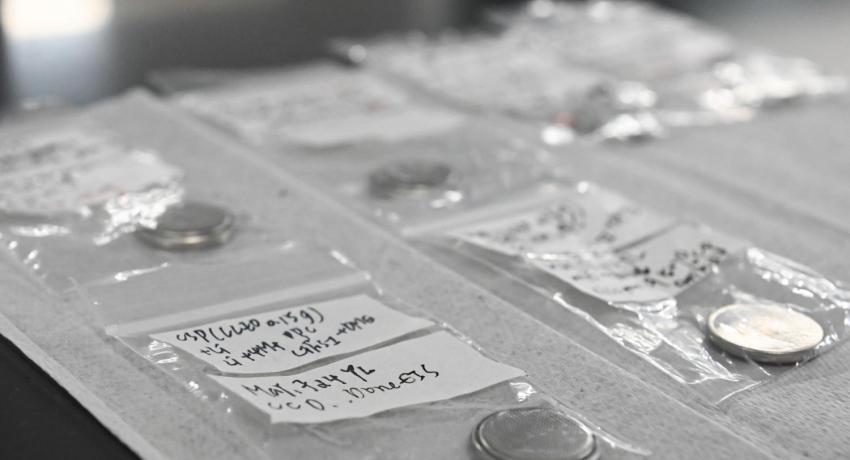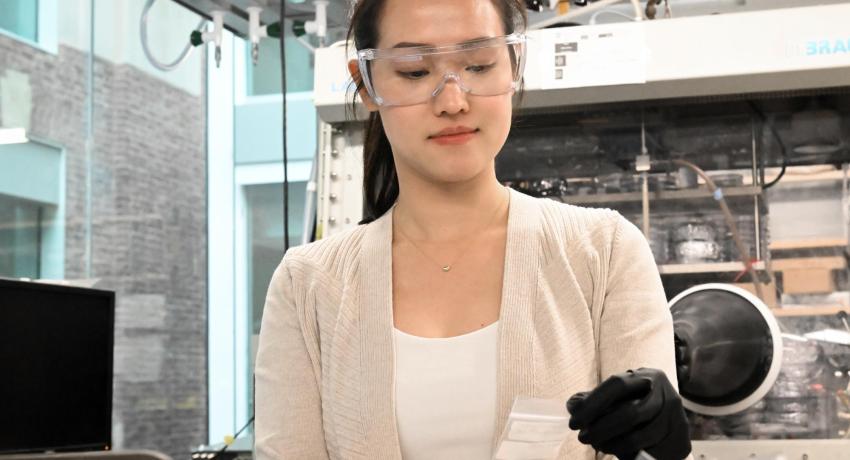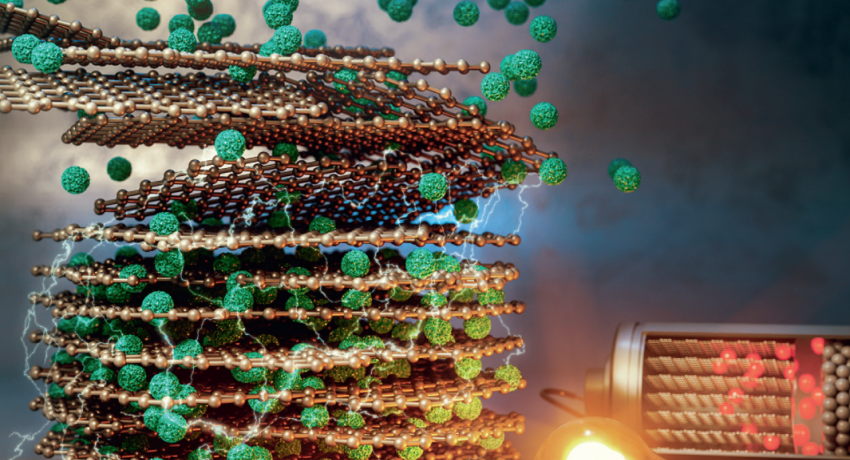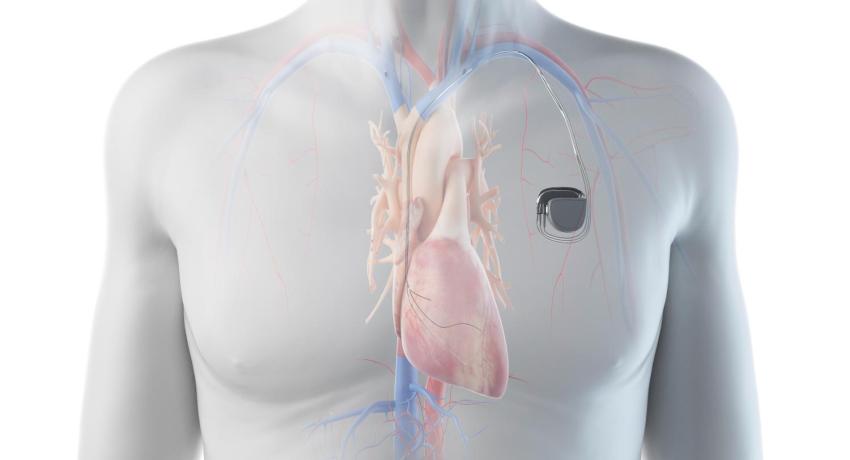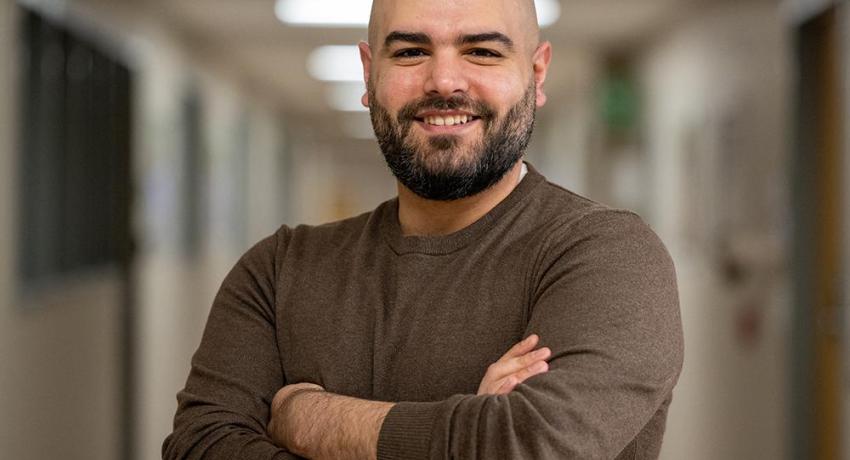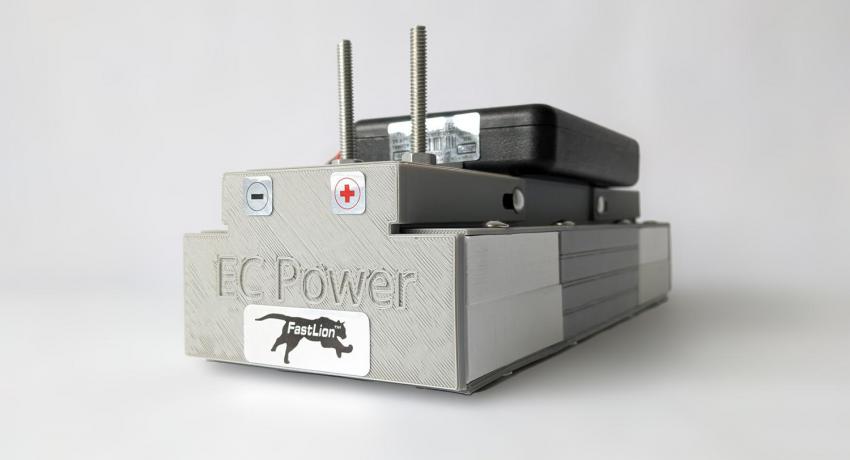Making rechargeable batteries more sustainable with fully recyclable components
By Mariah Lucas
Rechargeable solid-state lithium batteries are an emerging technology that could someday power cell phones and laptops for days with a single charge. Offering significantly enhanced energy density, they are a safer alternative to the flammable lithium-ion batteries currently used in consumer electronics — but they are not environmentally friendly. Current recycling methods focus on the limited recovery of metals contained within the cathodes, while everything else goes to waste.

